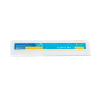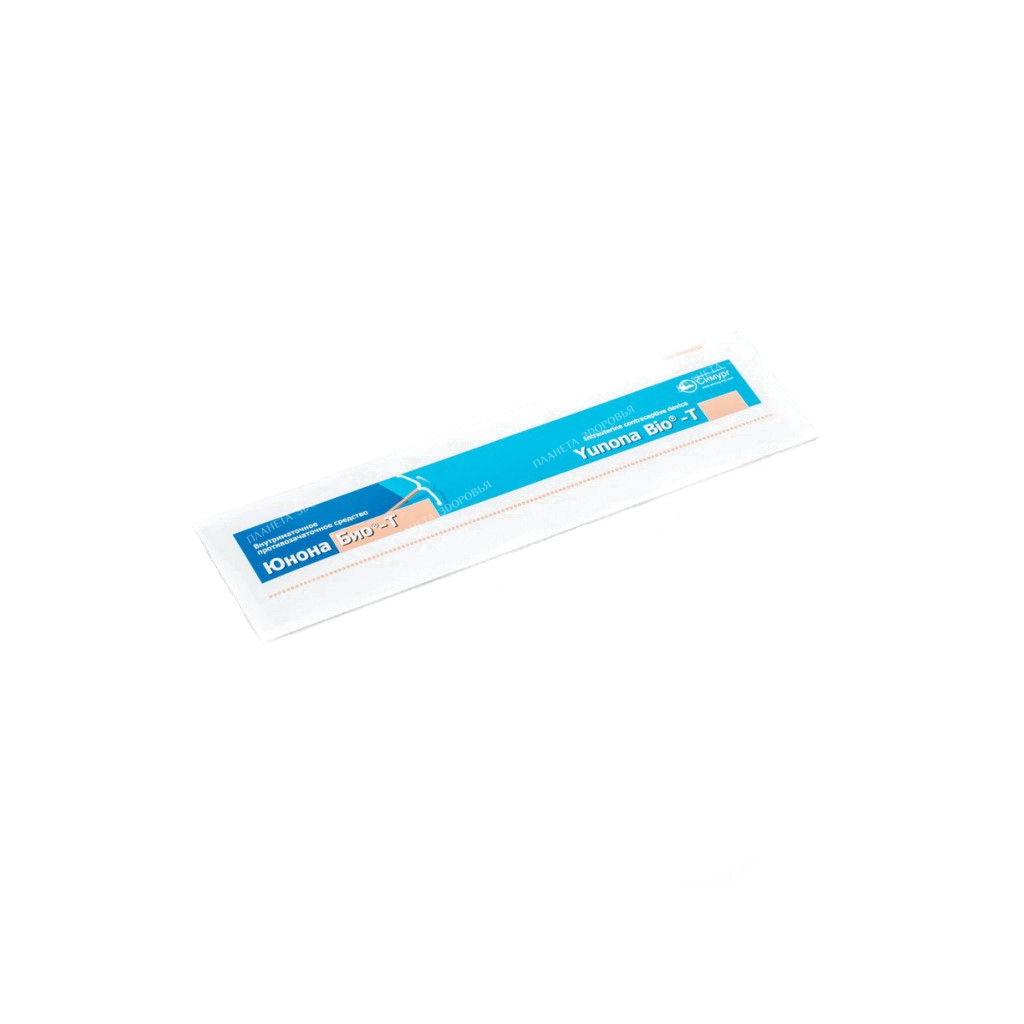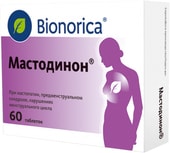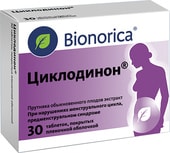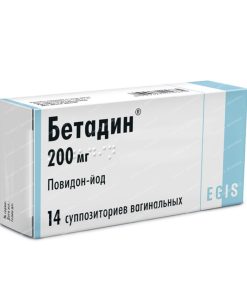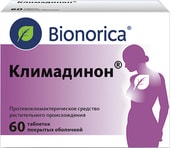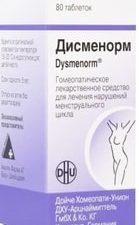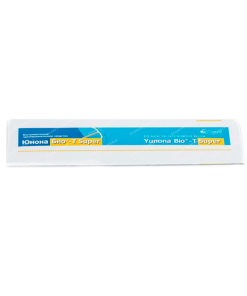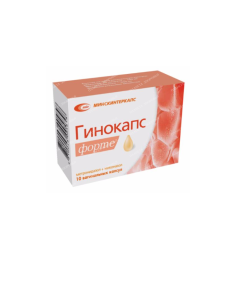-
×
 Microfiber cloth Dora "For optics" 18*18 cm
1 × $9.00
Microfiber cloth Dora "For optics" 18*18 cm
1 × $9.00 -
×
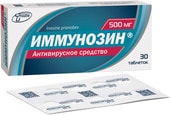 Pharmaceutical technology Immunosine, 500 mg, 30 tablets
1 × $39.00
Pharmaceutical technology Immunosine, 500 mg, 30 tablets
1 × $39.00 -
×
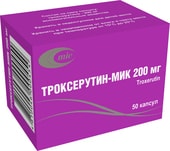 MIC Troxerutin-Mick, 200 mg, 50 caps.
1 × $29.00
MIC Troxerutin-Mick, 200 mg, 50 caps.
1 × $29.00 -
×
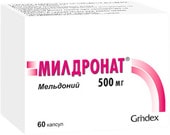 Grindex Mildronate, 500 mg, 60 caps.
1 × $52.50
Grindex Mildronate, 500 mg, 60 caps.
1 × $52.50 -
×
 KRKA Herbion syrup of primrose and thyme, 150 ml.
1 × $39.00
KRKA Herbion syrup of primrose and thyme, 150 ml.
1 × $39.00 -
×
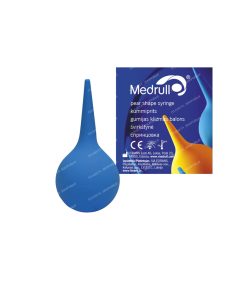 Medrull syringe type A with soft tip A-1 volume 35ml
1 × $9.00
Medrull syringe type A with soft tip A-1 volume 35ml
1 × $9.00
Subtotal: $177.50
 Free worldwide shipping on orders $99+
Free worldwide shipping on orders $99+  US: temporary delays — postal services aligning new import rules,
US: temporary delays — postal services aligning new import rules,  EU: 1–2 weeks,
EU: 1–2 weeks,  Worldwide: 1–4 weeks
Worldwide: 1–4 weeks 

